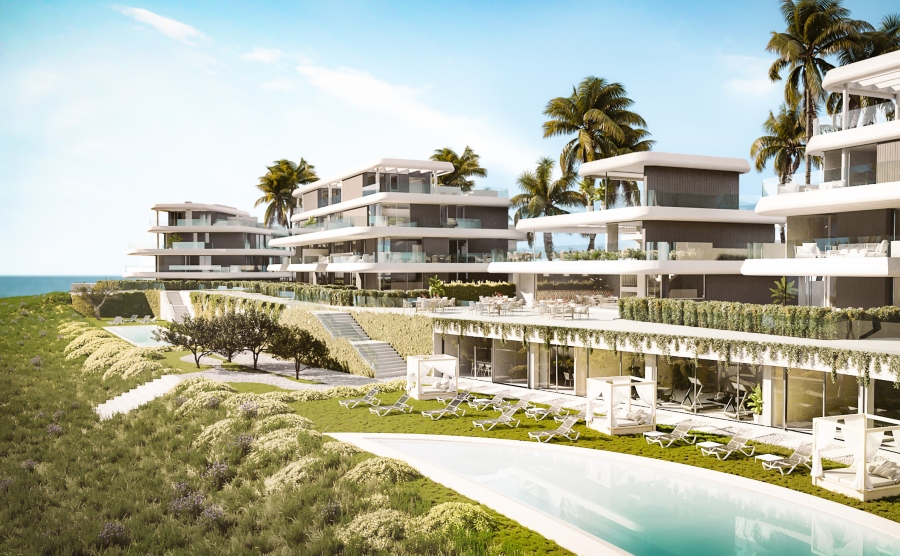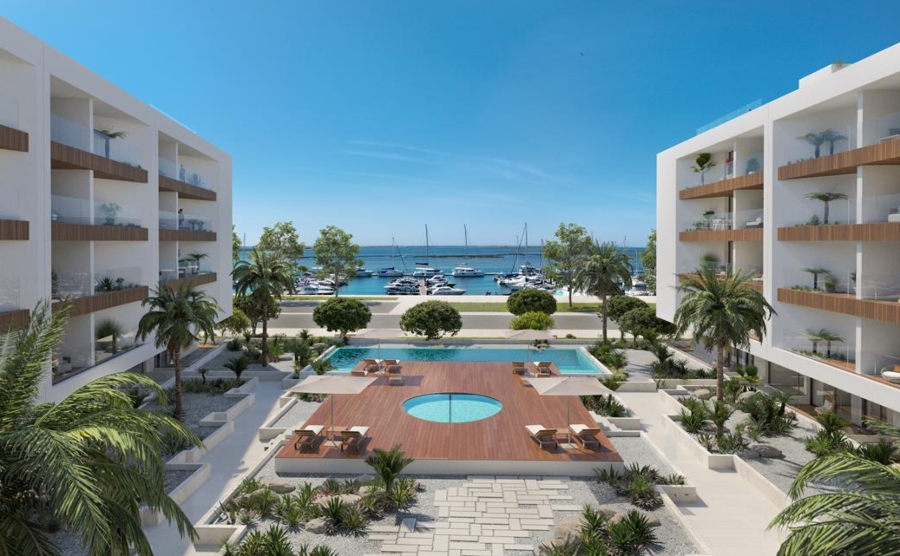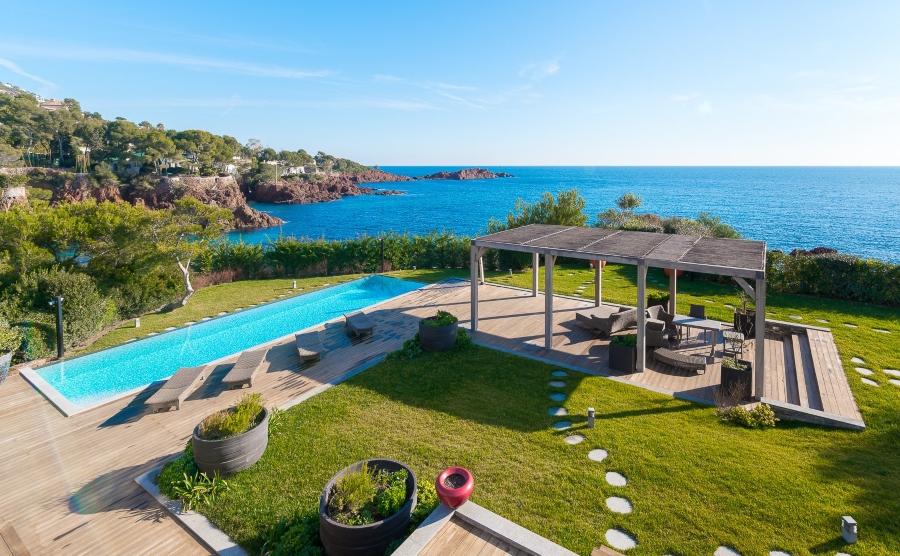For many of us, it takes moving to a new country to find our true happy space. A balmy climate and relaxed lifestyle have well-documented benefits to mental health. But have you ever thought about how much your local environment and personal living space could boost your wellbeing? These are important considerations when choosing a future home abroad.
To find out more about how your overseas property choice impacts your psyche, we spoke to Dr Paul Hanna, a chartered psychologist and pioneering voice in wellbeing and sustainability community design.
Typical lifestyles in warmer climates, such as southern Europe and the southern hemisphere, are more outdoorsy and active compared to the UK and northern Europe. Does this make them better environments for a person’s wellbeing?
In short, yes. There is extensive research which highlights the wellbeing effects of an active lifestyle across all age groups, and this is particularly pertinent for older adults where traditional lifestyles become less active. The point raised about being more outdoorsy is an interesting one too as again there is an extensive evidence-base that shows the link between engagement with nature, both passive engagement (e.g., being in/viewing nature etc) and active engagement (e.g., gardening, nature-based sports, etc) and enhanced health and wellbeing. While active engagement tends to yield the greatest wellbeing benefits, there is still much to be said for sitting on a bench and taking in the sights, sounds, and smells that nature offers.
Urbanisations and resort-based homes, like those around the Mediterranean, are popular for their sense of community. How important are social spaces or amenities within communal environments for bringing together people and boosting wellbeing?
One of the biggest factors that influence our physical and mental health as we get older is loneliness and social isolation. There is so much evidence showing how social networks and a sense of community positively contribute to both physical and mental health outcomes. Ultimately, people are social beings and we come to understand ourselves through interactions and engagement with others (and nature), this contributes significantly to our sense of self and sense of purpose, which in turn makes us happier and healthier people.
Learn how to make friends when you buy an overseas property
Residential tourist communities are often multinational hubs, bringing together expats, typically retirees, from a range of countries, all looking to enjoy a better lifestyle. Are there benefits to this cultural enrichment?
Whilst there is a bit less research evidence in this area, what there is highlights that communities tend to thrive if they are diverse and inclusive which leads to high levels of community wellbeing. In addition, there is also evidence which shows that active learning through cultural interaction has psychological benefits and also social benefits (e.g., the more we interact with people from other cultures the more we appreciate cultural differences, avoid crude stereotypes, and develop new ways of thinking). Thus, living in a multicultural community enables people to live in ways that might not have been previously aware of; affords people the opportunity to engage with different perspectives, meaning systems, and skills; and finally, it brings to light new coping mechanisms and support structures if things get difficult.
One of the key attractions of owning an overseas property somewhere warm is being by the sea. Being close to water, or just having views of it from your home, has to be good for the soul and help mentally.
Since the 18th century (and perhaps before) the sea has always been understood as a restorative place. Indeed, early sea bathing was undertaken purely for its proposed health benefits and whilst our understanding of sea bathing now includes aspects of fun and socialisation, there is extensive evidence for the physiological benefits of sea bathing (e.g., the high levels of magnesium help regulate muscle and nerve function, moderate blood sugar levels, etc). Psychologically we also know the sea is a restorative environment. Research has shown that actively immersing ourselves in the sea offers positive wellbeing effects, as does viewing, hearing, touching, and smelling the sea in a more passive way.
Similarly, how important are green spaces within communities? Typical new tourist residential developments not only include larger garden areas but many also promote easy access to surrounding countryside and nature trails. Does this all make sense with your research?
Yes, my research has shown the positive mental health and wellbeing impacts of active engagement with nature through nature-based activities (e.g., cycling in nature), and I have also looked at the wellbeing benefits of more passive forms of engagement with nature (e.g., visiting natural spaces, fishing, etc). As mentioned, green spaces and engagement with nature are very beneficial to mental health and wellbeing, so much so that we have seen the emergence of both eco-therapy and nature-based interventions for mental health.
Are there features or spatial design techniques within private living spaces that can help to enhance a positive sense of wellbeing and make them healthier places to be?
There are many features and design techniques that can promote health and wellbeing. Within private living spaces, biophilic design principles (e.g., use of natural materials, green walls, incorporating plants within indoor spaces etc) have been shown to be particularly beneficial. However, I would still say that access to nature and the local community are key to health and wellbeing, as is the co-production of spaces to ensure people feel a sense of identity and belonging.
Dr Paul Hanna is a chartered psychologist at leading engineering consultancy Hoare Lea.




